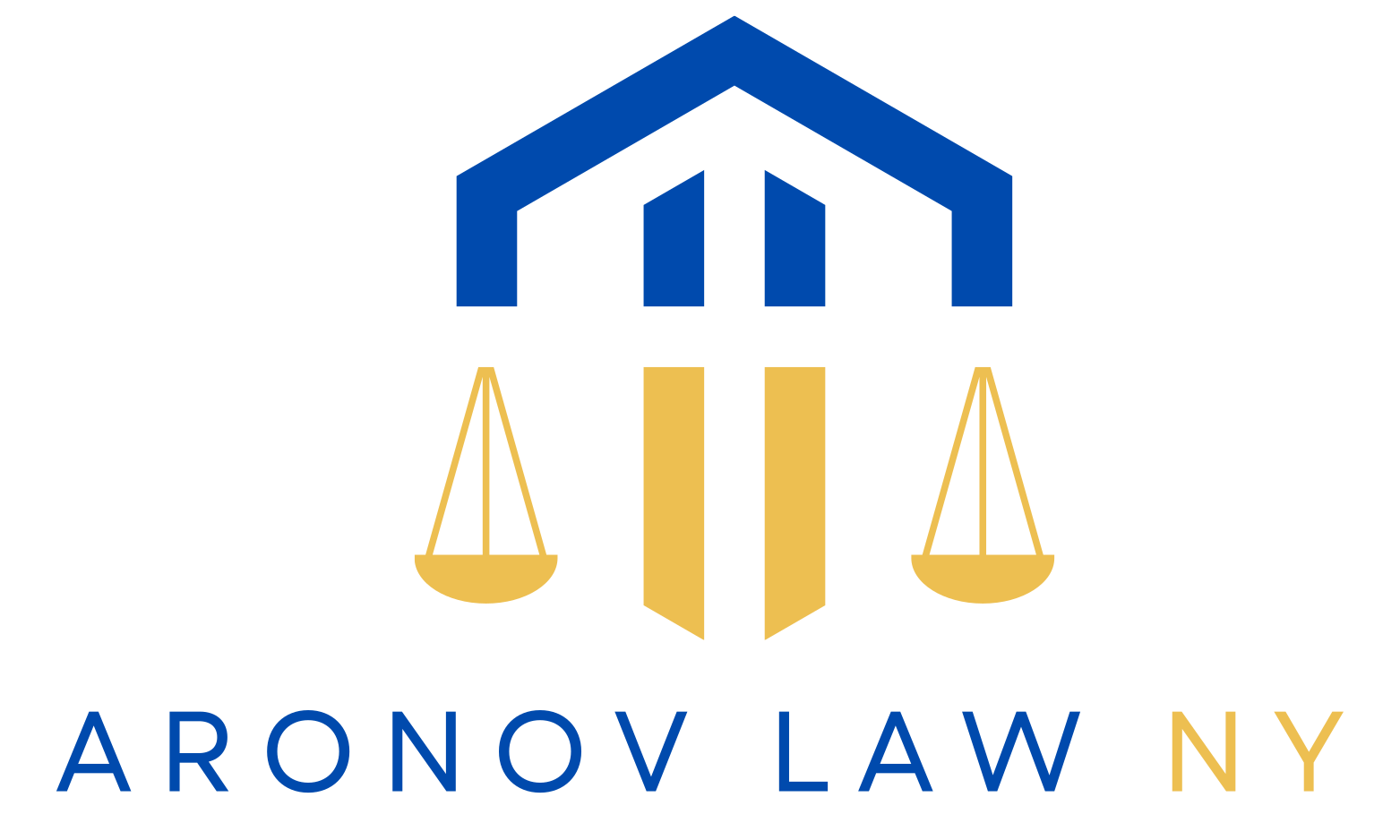- Comparison of cooperative (co-op) and condominium ownership structures in New York.
- Discussion of co-op board approvals, proprietary leases, common charges, and condominium associations.
One who buys a Co-op is actually just buying shares in a corporation which owns the actual piece of property. The actual Real Estate you will live in is legally yours through a proprietary lease in which your are able to occupy a specific apartment. Taxes repairs, insurances and the such are all payed according to the shares you own directly to this corporation. The board of directors is the group who will approve or deny the sale. Potential purchasers should be ready to provide personal financial information, including one or two years of tax returns and bank statements, as well as personal and business reference letters. There are a lot of tax related laws that go with living in a CO-OP. If you find them overwhelming it may be a good time to call your real estate lawyer. “Flip taxes” and other management related fees are a common in coops. This tax is imposed by the corporation and is used for building related services. This tax often is in direct relation to the purchase price. Although uncommon, a flip tax imposed is equal to a certain percentage of profit received by the Seller from the transaction. In conclusion, even on a basic level these CO-OP laws can be confusing. In the five boroughs of NYC these laws can be really time consuming to understand. Our law firm is accessible at 6 different locations in the five boroughs of New York and Upstate. Call now and schedule appointment with some of the most knowledgeable NYC real estate attorneys to learn everything you need to know about cooperative real estate.
Purchase A Condominium In NY With The Aronov Law Easy Button
Distinguishing between the ownership of a coop and a condo is crucial when looking to purchase a new apartment. Like a coop, a purchase of a condo includes common areas that are shared by the residents such as hallways & elevators. Beyond the jointly owned common areas they have very little in common. One who purchases a condo has a title to real property & not just stocks in a corporation. The purchaser of a condo unit gets a deed to the apartment being purchased. The owner is completely responsible for the real estate taxes and mortgage payments. Unlike coops, condominium do not have an underlying mortgage. It is nearly impossible to be rejected by a condo board & the application to the board of managers requires less information. The Board of Managers has the first right of refusal to purchase or lease any condo up for sale or lease but this never really occurs. If a Board of Managers decides to exercise its first right of refusal, it is required to purchase the unit for the same price along with the same terms & conditions upon which the purchaser being rejected agrees to purchase the unit.

